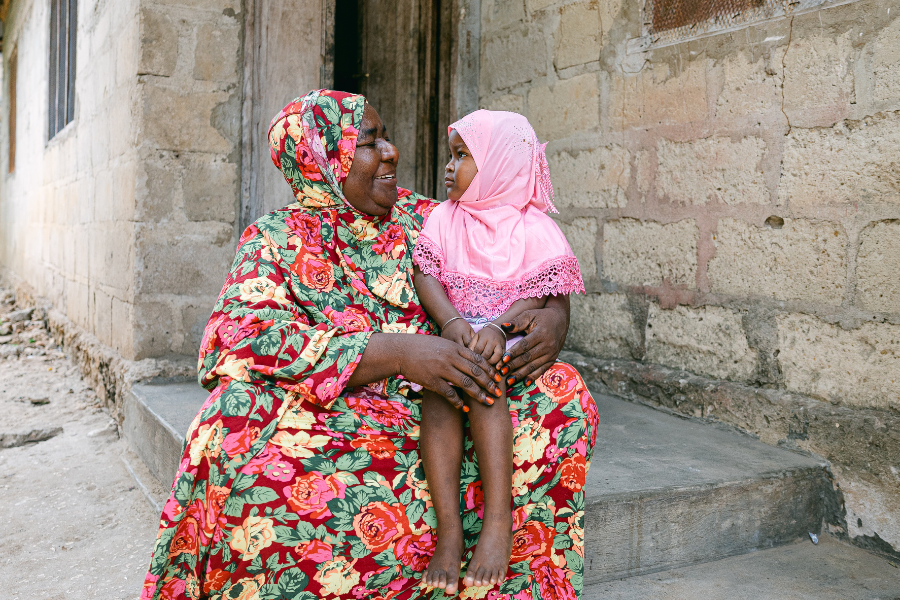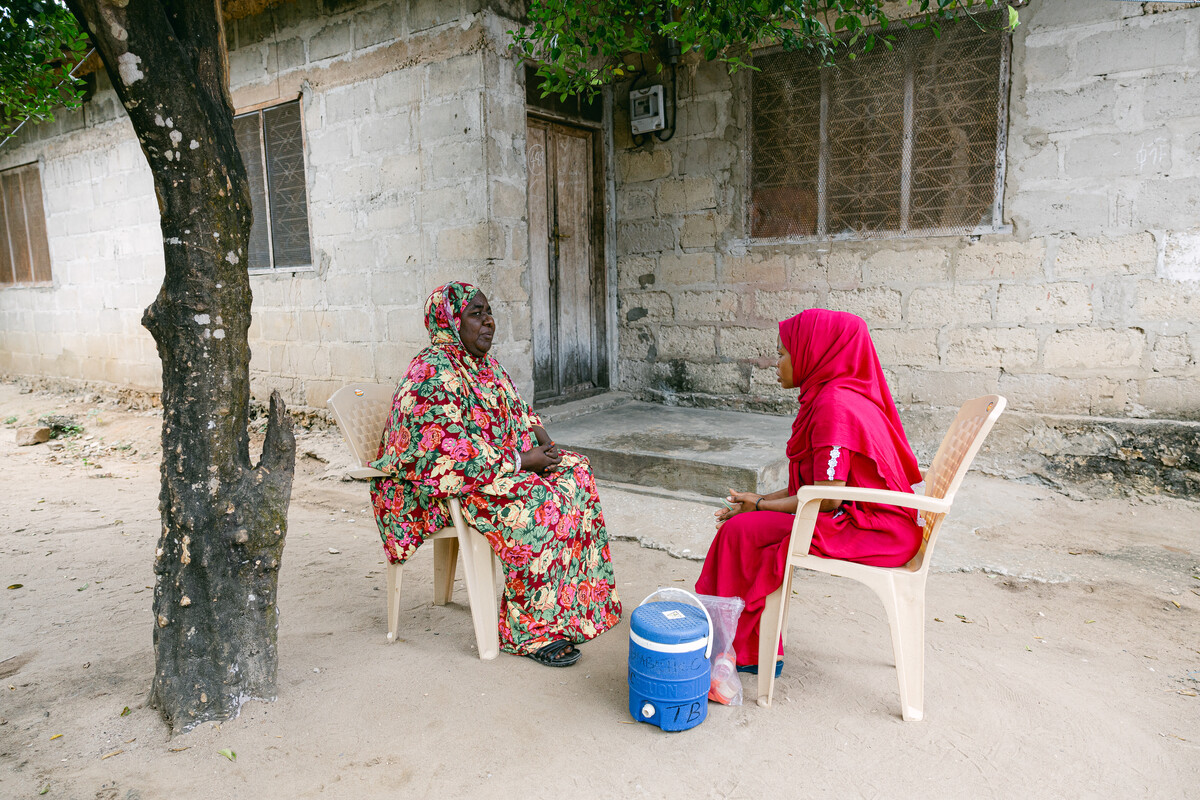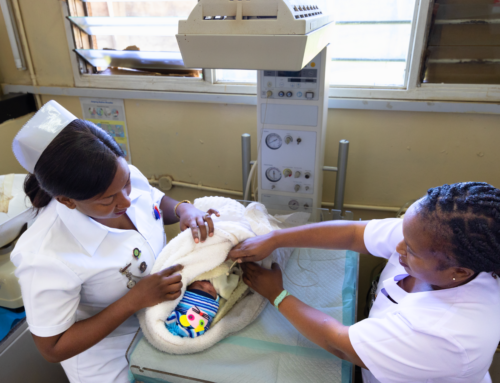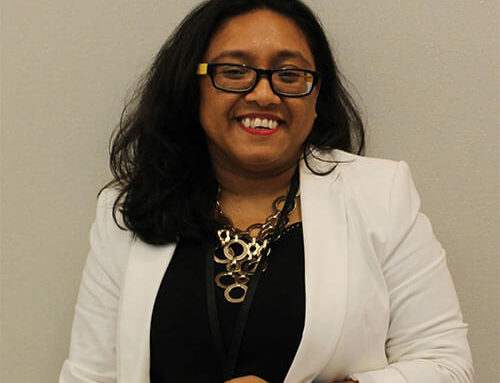
In the rustic, closely-knit community of Kibweni, west of Zanzibar Island, where the houses huddle together, and the air carries the scent of the sea, Bi Hawa Mohammed’s story unfolds—a narrative of resilience, care, and eventual triumph over Tuberculosis (TB).
World Tuberculosis Day highlights the critical efforts of communities and organizations in the fight against this pervasive disease, and Bi Hawa’s journey is a testament to the power of community-centred health initiatives spearheaded by Amref Health Africa.
The Onset of a Challenge
Bi Hawa’s ordeal began with her sister’s persistent cough, a symptom often dismissed as benign but was, in this case, the precursor of TB. Despite the disease’s highly effective treatment options, TB remains a formidable adversary in low-income communities, thriving under conditions of malnutrition, inadequate healthcare, and congested living environments.
Kibweni, with its rustic charm, is also a breeding ground for such diseases, exacerbated by the shared living conditions that make it easier for infections like TB to spread. Bi Hawa, a widow, a mother, and a small-scale entrepreneur, found herself at the epicentre of this challenge, not just battling the disease’s toll on her family’s health but also its economic and social repercussions.
A Family’s Burden
Caring for her sister, who suffered from TB alongside a debilitating stroke, was a testament to Bi Hawa’s strength and resilience. The stigma surrounding TB, coupled with the economic strain of being the sole provider, brought to light the multifaceted impact of the disease on families. It’s a scenario all too familiar in communities like Kibweni, where the specter of TB looms large, its toll measured not just in health but in the very fabric of family and community life.
Amref’s Support
The turning point for Bi Hawa came with the intervention of Amref Health Africa. Through its community-centered approach, Amref is on the frontlines, battling TB by enhancing surveillance, early detection, and treatment. Bi Hawa’s encounter with healthcare workers, supported by Amref, marked the beginning of her recovery and her journey towards becoming a beacon of hope in her community.
The home visits and the education she received on TB management were pivotal, not only in her treatment but in fostering an environment where the disease’s spread could be curtailed. This strategy is crucial in places like Kibweni, where the risk of drug-resistant TB is heightened by prescription mismanagement and where the communal lifestyle necessitates vigilant community health measures.

Magreth Peter, Amref trained community health worker, visiting Bi Hawa at her home in Zanzibar (Photo Credit: Amref Health Africa / Sam Vox).
Rising from Adversity
The economic and social fallout of TB is profound, particularly for those whose livelihoods are as fragile as Bi Hawa’s. The closure of her small sardine business during her illness underscored the disease’s capacity to derail lives. However, Amref’s support extended beyond medical treatment; by providing seed capital and entrepreneurship training, they helped Bi Hawa rebuild her life and livelihood.
Championing Health and Hope
Today, Bi Hawa is more than a survivor; she is a champion of health in her community. Her work with women’s groups, her advocacy against the stigma of TB, and her efforts to promote early testing and treatment reflect a deep commitment to preventing others from enduring the hardships she faced.
Bi Hawa’s story is a powerful reminder of the human spirit’s resilience and the critical role of community-focused health initiatives in combating diseases like TB. On World TB Day, as we reflect on the challenges and victories in the fight against TB, Bi Hawa Mohammed stands as a symbol of hope, resilience, and the profound impact of collective action in safeguarding the health of communities across Africa.
In honouring Bi Hawa’s journey, Amref Health Africa reaffirms its commitment to a future where TB no longer threatens the lives and livelihoods of the continent’s most vulnerable populations. Together, we can overcome the shadows cast by disease, illuminating a path toward health, empowerment, and sustainable development.
Story Credits:
Bi Hawa Mohammed
Amref Health Africa in Tanzania
About the Afya Shirikishi Programme:
The focus is reaching people and communities with TB services through different service delivery models to identify and diagnose TB patients early. Community TB care delivery: To be effective, community-based case detection activities supported by the programme involve TB actors in the community, including former TB patients, community health workers/volunteers, other community-based organizations, and civil society organizations.
The USAID-funded programme engages TB survivors and community health workers to conduct contact tracing among relatives of TB patients with bacteriologically confirmed pulmonary TB and among presumptive MDR-TB patients.




